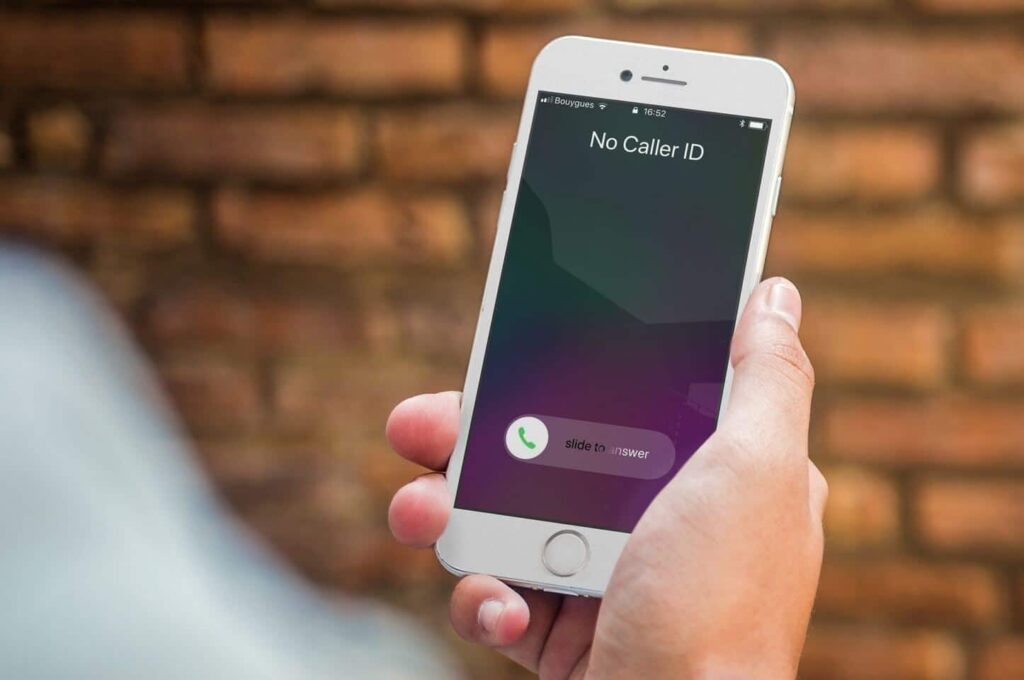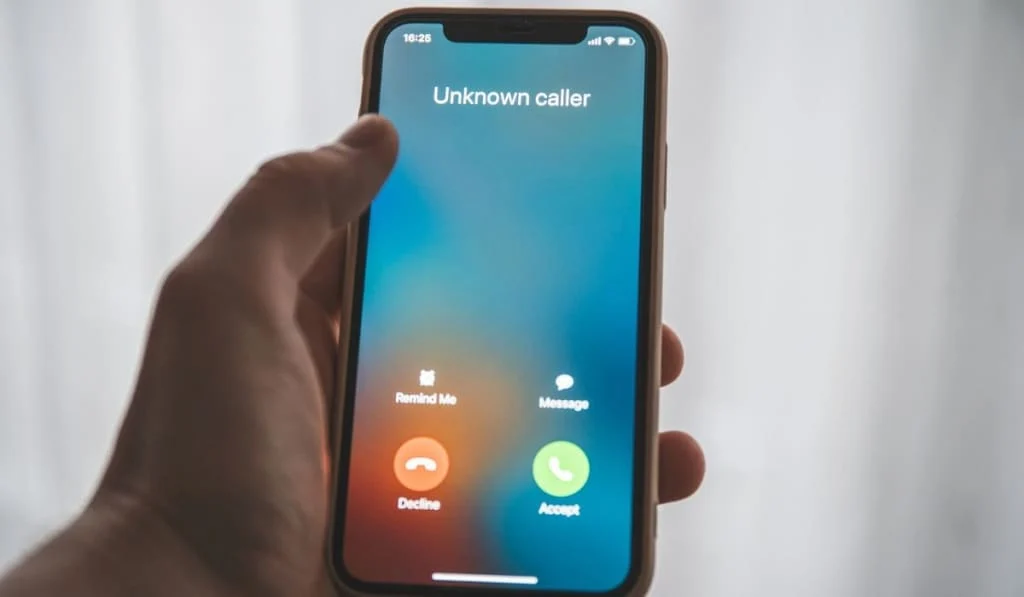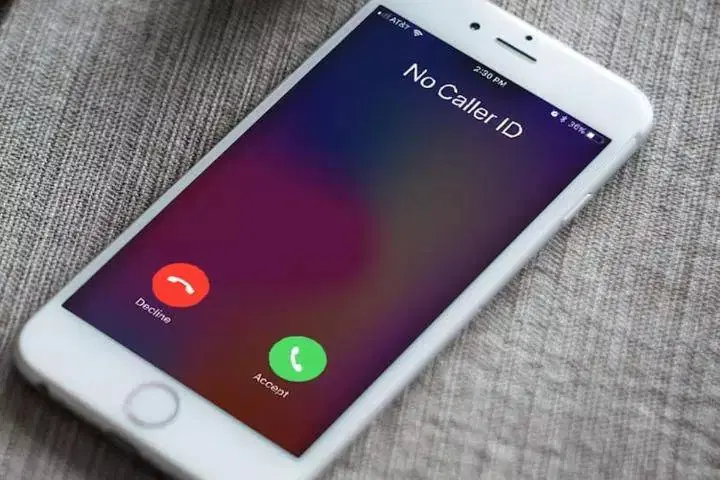In the UK, calling back a No Caller ID or Unknown Number directly is generally not possible due to the intentional hiding of the caller’s identity. However, several methods might help in certain situations. Third-party services or apps could potentially reveal the caller’s identity or provide a call-back option, although their reliability varies. Additionally, checking voicemail if the caller leaves a message might offer clues or contact details for a return call. Some phone service providers may assist in identifying or tracing such calls, so reaching out to them could be beneficial.
Nonetheless, exercising caution is crucial as returning calls from unknown numbers might lead to scams or unwanted situations. Prioritize safety and avoid engaging with suspicious callers, reporting any concerns to authorities or your service provider. Remember, due to privacy concerns and regulations, identifying hidden numbers isn’t always feasible.
What’s the role of third-party services in calling back No Caller ID?

Third-party services play a crucial role in providing solutions for handling calls from “No Caller ID” or blocked numbers. These services offer features that traditional phone systems might lack, allowing users to manage and identify calls from hidden or unknown numbers.
Third-party services or apps
Third-party services or applications designed to handle unknown or hidden numbers aim to reveal the identity of callers who intentionally conceal their phone numbers. These services often utilize databases, algorithms, or crowd-sourced information to attempt to identify the caller or provide an option for calling back.
The reliability and functionality of these third-party services vary significantly. Some services claim to accurately identify callers or provide call-back options, while others may have limitations in identifying all hidden numbers. Factors such as the size and accuracy of their database, technological capabilities, and the frequency of updates can affect their reliability.
Checking voicemail for clues
When receiving a call from a No Caller ID, if the caller leaves a voicemail, it becomes crucial to listen to the message attentively. Voicemails might contain crucial information such as the caller’s identity, reason for calling, or contact details. This information can aid in deciding whether to return the call.
Voicemails from unknown or hidden numbers might offer details like a name, company, or reason for the call. This information could provide enough context for a return call or assist in researching the caller’s identity before initiating contact.
Contacting phone service provider
Contacting the phone service provider offers an alternative approach. Customers can inquire whether the provider offers any services or tools to trace or identify hidden numbers. Some providers might have specific services that can help reveal the identity of anonymous callers.
Phone service providers may have tools or protocols to assist in tracing or identifying anonymous calls. However, their capabilities might be limited by factors such as the type of call, privacy regulations, or technological constraints. It’s essential to understand what the service provider can and cannot offer in terms of identifying or tracing No Caller ID calls.
How to ensure safety when calling back unknown numbers?

Ensuring safety when calling back unknown numbers is crucial to avoid potential risks associated with scam calls, phishing attempts, or other malicious activities. Here are some tips to help maintain safety.
Warning about potential risks
No Caller ID or unknown number calls often pose risks, including potential scams or fraudulent activities. Scammers might use these calls to deceive individuals into providing personal information, money, or access to their devices. These scams can range from financial fraud to phishing attempts or identity theft, making it crucial to remain vigilant.
Emphasizing a cautious approach is vital when dealing with unknown callers. Individuals should avoid hastily returning calls from No Caller ID numbers, especially if the purpose or identity of the caller is unclear. Taking time to assess the situation, researching the number or caller details, and considering potential risks before engaging is essential.
Prioritizing safety
To prioritize safety, it’s advisable not to engage with callers from unknown or suspicious numbers. Refrain from providing personal information, financial details, or agreeing to any requests until the identity and legitimacy of the caller are verified. Disconnecting or ignoring such calls can prevent potential risks.
If receiving suspicious or concerning calls, reporting them to relevant authorities or the phone service provider is crucial. Authorities may include local law enforcement or regulatory bodies overseeing telecommunications. Service providers might have mechanisms to handle and investigate reports of suspicious calls, contributing to a collective effort in preventing scams or fraudulent activities. Reporting helps in building a database of suspicious numbers and contributes to enhancing overall consumer safety.
FAQ’s
Does * 67 work in England?
No, *67 typically doesn’t work in the UK to hide your number before making a call.
What is the UK version of * 69?
In the UK, the equivalent feature to *69 is 1471, which provides the number of the last incoming call.
How can I contact someone who has blocked me?
If someone has blocked you, contacting them directly might not be possible without their unblocking you first. Consider reaching out through alternative means or respectfully addressing the issue if appropriate.
Does * 67 work internationally?
*67 is a feature specific to North America and does not work internationally to mask your number.
Does * 69 still work?
In some countries, *69 or similar call return features might still work, allowing you to call back the last number that called you. However, its availability and functionality can vary.
Does 141 hide your number in the UK?
Yes, dialing 141 before a phone number in the UK hides your number for that specific call.
Final Words
To sum up, dealing with hidden numbers in the UK can be tricky because you can’t always call them back. It’s important to be careful because these calls might be scams. Staying safe means not talking to suspicious callers and telling the right people if you’re worried. Remember, it’s best to be cautious and not share personal info until you’re sure who’s calling. Keeping safe is the most important thing when dealing with hidden or unknown numbers.

